(PLVN) - According to information from the Vietnam Trade Office in Sweden, the European Union (EU) is applying stricter standards for fresh agricultural products to improve product quality and reduce environmental impact. This especially affects the Northern European market, including Sweden, Denmark and Norway - which are famous for their high requirements for food safety. This is both a challenge and a great opportunity for Vietnamese businesses.
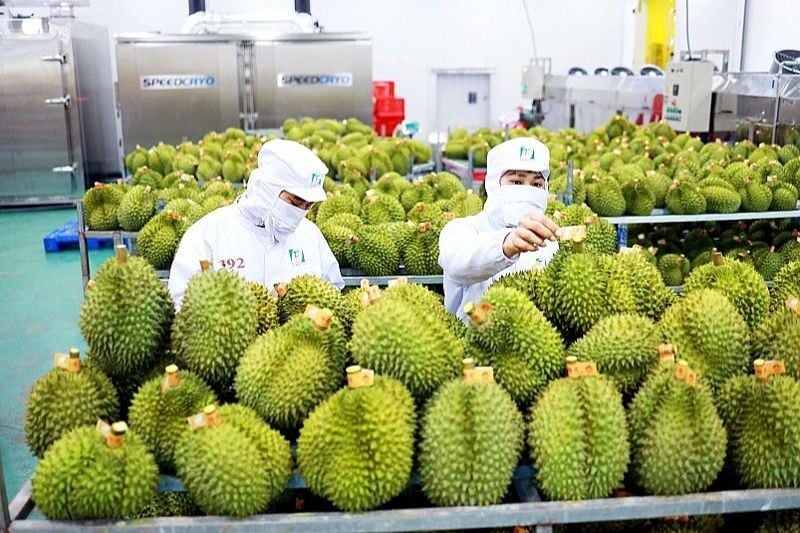 |
| Illustrative photo. (Photo: TTDN) |
(PLVN) - According to information from the Vietnam Trade Office in Sweden, the European Union (EU) is applying stricter standards for fresh agricultural products to improve product quality and reduce environmental impact. This especially affects the Northern European market, including Sweden, Denmark and Norway - which are famous for their high requirements for food safety. This is both a challenge and a great opportunity for Vietnamese businesses.
Among the new regulations, the EU strictly controls pesticide residues on imported agricultural products. According to Regulation 2023/915, some chemicals are completely banned, and the maximum residue level of cadmium is also reduced for many fruits such as strawberries, citrus, mangoes, bananas and pineapples.
In addition, Nordic supermarkets have their own standards, which are even more stringent than the general EU regulations, forcing businesses to meet not only minimum requirements but also ensure superior quality if they want to penetrate deeply into this market.
In addition, phytosanitary certificates are required for fresh agricultural products imported into the EU, ensuring that the products do not carry harmful organisms. However, some items such as bananas, coconuts, dates, pineapples and durians are exempt from this requirement.
To strengthen food safety controls, the EU also applies higher inspection rates to products with a high risk of chemical residues, such as 50% of peppers from the Dominican Republic, 30% of oranges and peppers from Egypt, 10% of beans and 20% of peppers from Kenya are subject to stricter controls.
There are currently no specific regulations for Vietnam, but if businesses do not ensure quality, the risk of being put on the strict control list is very high.
Faced with this situation, the Vietnam Trade Office in Sweden recommends that Vietnamese export enterprises proactively control the amount of plant protection chemicals in the production process, ensuring that products meet prescribed standards.
Testing at internationally accredited laboratories prior to export is essential to avoid the risk of rejection at EU border gates. At the same time, businesses must work closely with domestic quarantine agencies to ensure proper testing and certification procedures.
In addition, Vietnamese export enterprises need to strengthen quality control at the source, especially with items such as chili, beans and tropical fruits to avoid being included in the high-risk list.
Compliance with strict EU standards not only helps businesses overcome export barriers but also creates opportunities to enhance their reputation and expand their market share in Northern Europe. Instead of considering this an obstacle, businesses can take advantage of EU standards to create a competitive advantage, promote their quality commitment through international certifications such as GlobalGAP, and participate in trade fairs to connect with major importers.
In addition, investing in sustainable production is also an inevitable trend as Nordic consumers increasingly care about environmentally friendly products. Certifications such as Rainforest Alliance or Fairtrade can help businesses improve their competitiveness, while applying organic production models will help optimize export opportunities.
“Although the new EU regulations pose many challenges, if Vietnamese businesses prepare carefully, meet strict standards and invest in sustainable development, this will be a great opportunity to improve their position in the Nordic market. Adapting to these regulations will not only help businesses maintain exports but also create a solid foundation for long-term development,” said the Vietnam Trade Office in Sweden.
Source: https://baophapluat.vn/eu-siet-quy-dinh-doi-voi-nong-san-tuoi-luu-y-cho-doanh-nghiep-viet-post539226.html


![[Photo] Prime Minister Pham Minh Chinh chairs conference on anti-smuggling, trade fraud, and counterfeit goods](https://vphoto.vietnam.vn/thumb/1200x675/vietnam/resource/IMAGE/2025/5/14/6cd67667e99e4248b7d4f587fd21e37c)
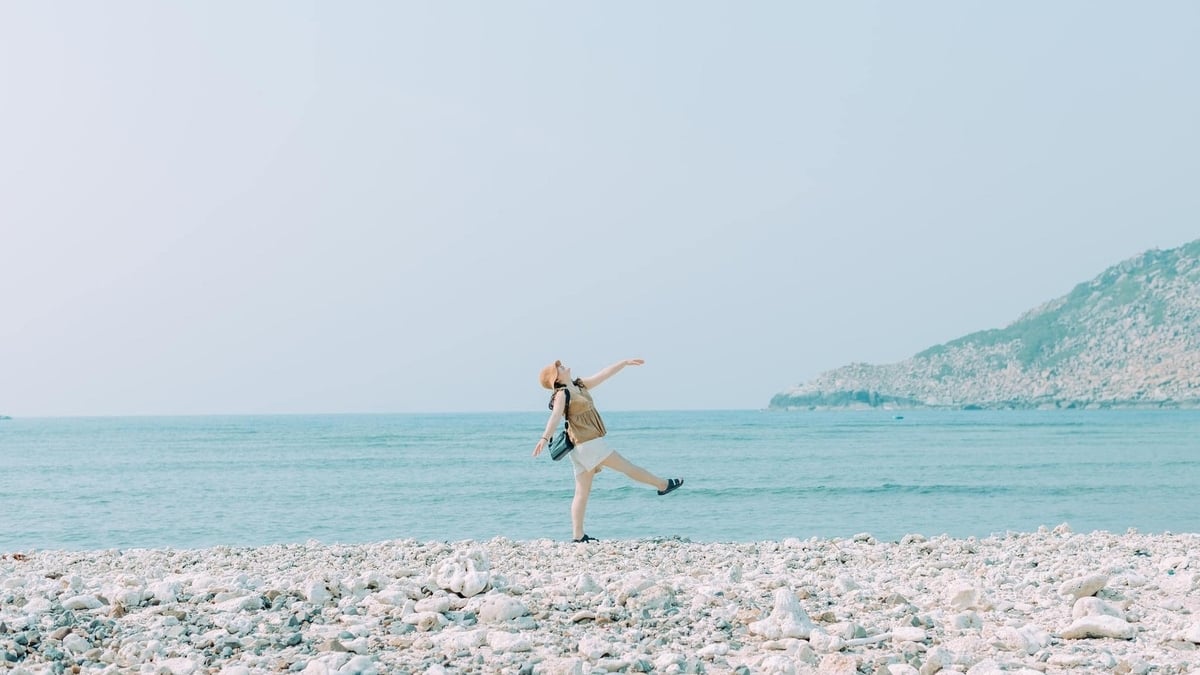




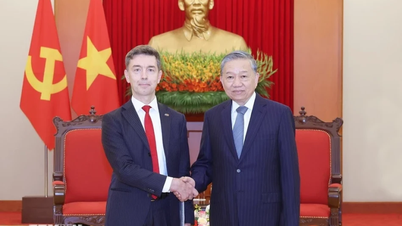

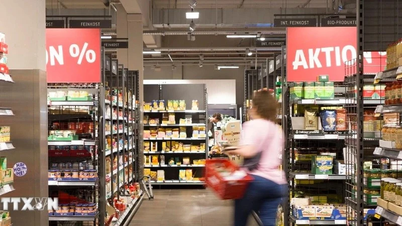





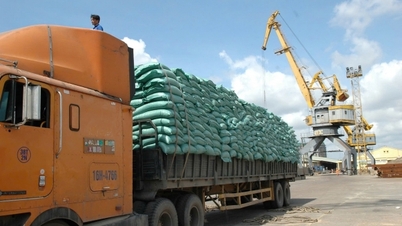



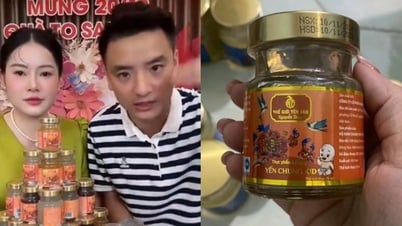

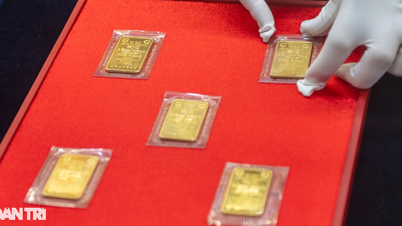
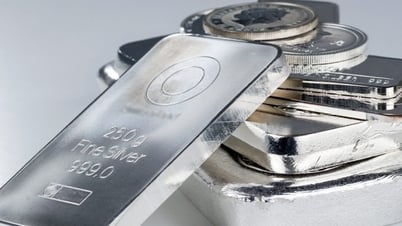
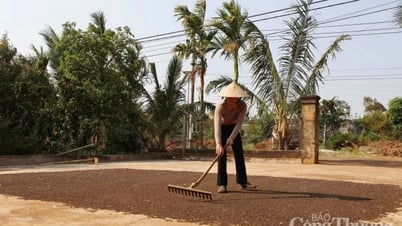
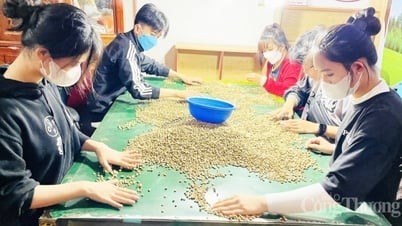






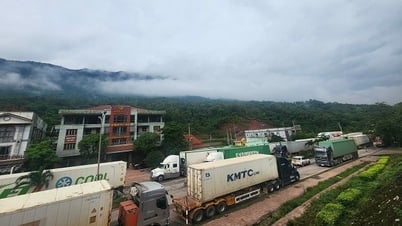



































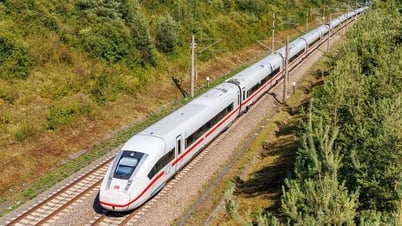














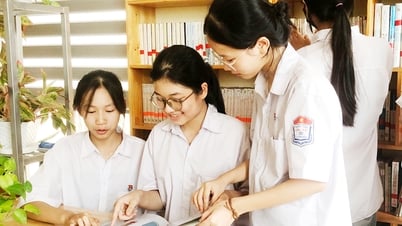

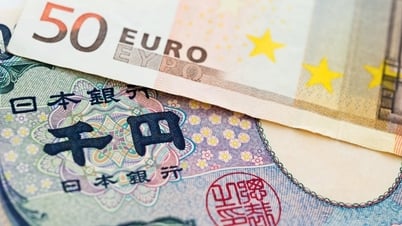
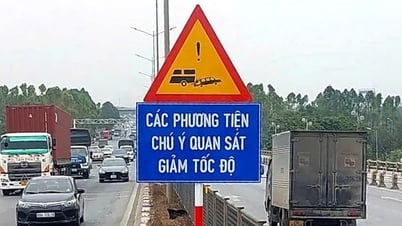

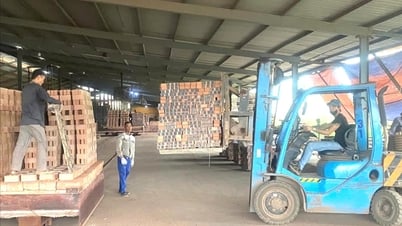

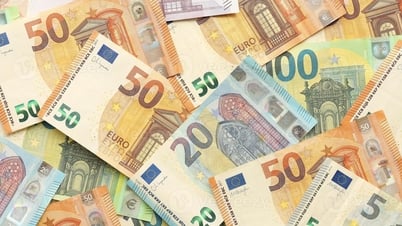










Comment (0)